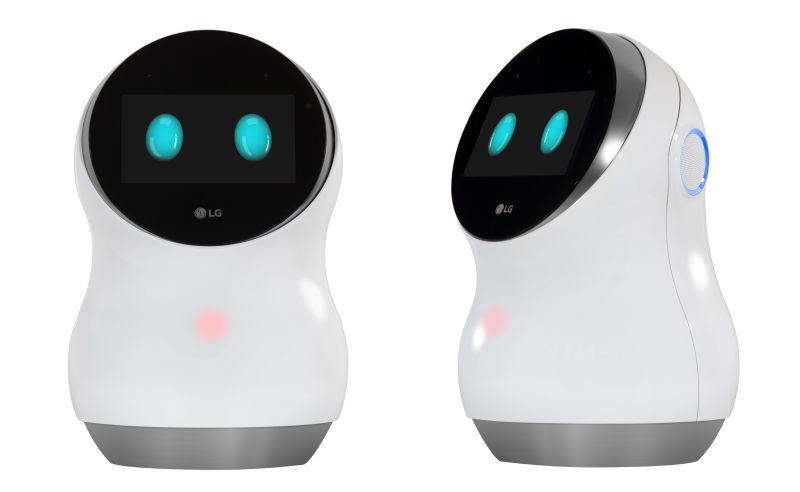LG has recently introduced its first dedicated smart home hub, the ThinQ ON, which features a built-in AI-powered voice assistant. This innovative device is set to debut at the IFA 2024 tech show in Berlin, Germany. The ThinQ ON hub is designed to centralize control of various smart home devices, enhancing user interaction with AI technology.
Key Features of the LG ThinQ ON Smart Home Hub:
-
AI Voice Assistant: The hub includes an AI-powered voice assistant that allows users to control connected devices through conversational commands. This feature aims to make managing smart home devices more intuitive and user-friendly.
-
Connectivity: The ThinQ ON hub is Matter-certified, meaning it can connect to a wide range of smart home devices and appliances using Wi-Fi or Thread, a low-power wireless protocol. This ensures compatibility with various smart home ecosystems.
-
Affectionate Intelligence: LG has incorporated what it calls "Affectionate Intelligence" into the hub, which is designed to understand and predict user behaviors and needs. This feature is part of LG's vision for a "Zero Labor Home," where technology seamlessly integrates into daily life to reduce manual effort.
-
Design and Functionality: The hub is not just a static device; it is designed to be interactive and engaging, potentially featuring a display for visual feedback and interaction.
-
Integration with LG's Smart Appliances: The ThinQ ON hub is part of LG's broader smart home platform, ThinQ, which connects to the company's lineup of smart appliances, including washers, dryers, ovens, and refrigerators. This integration allows for a cohesive smart home experience.
The introduction of the ThinQ ON hub marks a significant step for LG in the smart home market, as it leverages AI technology to enhance user experience and connectivity within the home. The device is expected to be a central component in LG's strategy to expand its presence in the smart home industry and offer consumers a more integrated and intelligent home environment.
For more detailed information, you can visit the original articles on Pocket-lint and The Verge.



